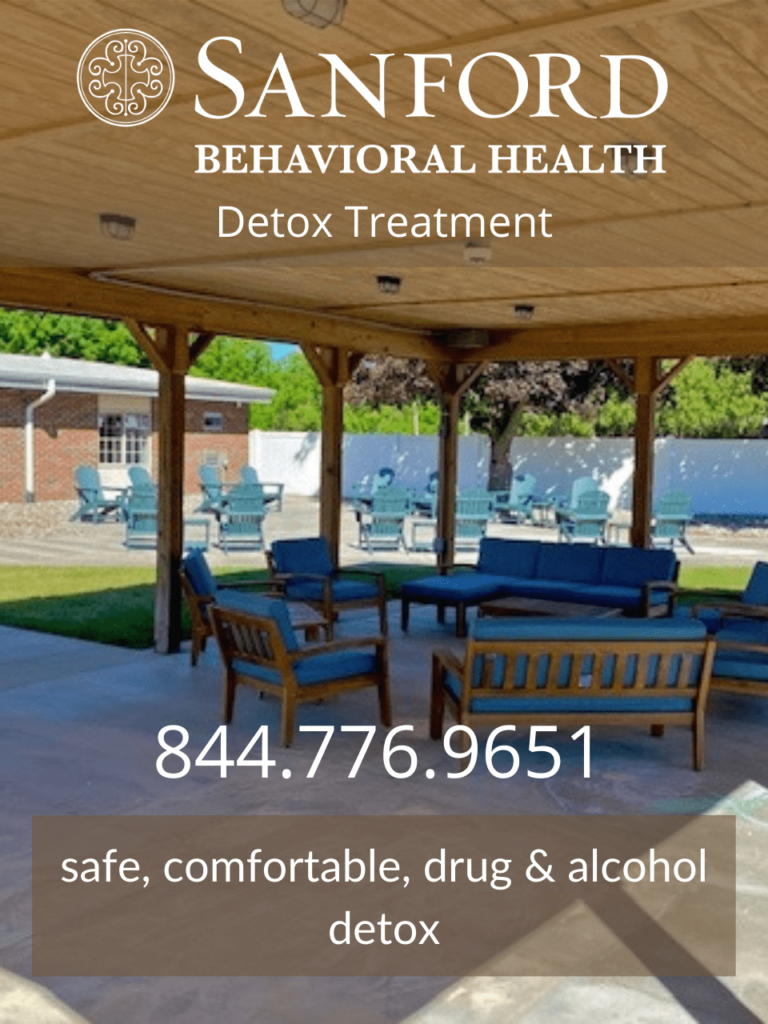Alcohol and Divorce – Is Drinking Ruining the Marriage?

Relationship problems can be a sign that alcohol consumption is out of control.
In an old song recorded in the 50s, Frank Sinatra sings, “Love and marriage, love and marriage. Go together like a horse and carriage. This I tell you, brother, you can’t have one without the other.” True indeed. But a less lyrical hypothesis is also true; alcohol and divorce go together like a horse and carriage. Read on to learn the facts behind divorcing an alcoholic.
The Statistics Behind Divorcing an Alcoholic
Studies show that alcohol is often cited as the reason for a marriage break-up. Likewise, lack of commitment, infidelity, conflict, money worries, and domestic violence are common reasons for divorce. One could argue that alcohol misuse impacts all of these factors, causing breakdowns in communication and accountability.
Overall, the results indicate that the most often cited reasons for divorce at the individual level were lack of commitment (75.0%), infidelity (59.6%), and too much conflict and arguing (57.7%), followed by marrying too young (45.1%), financial problems (36.7%), substance abuse (34.6%), and domestic violence (23.5%).
National Institute on Health (NIH) – Reasons for Divorce and Recollections of Premarital Intervention: Implications for Improving Relationship Education
Many factors impact the relationship between marital instability and alcohol consumption. For example, a study by The University of Buffalo established that marriages end in divorce almost 50% of the time if one of the parties is a heavy drinker. The researchers also found a slightly higher divorce rate when the heavy drinker was the wife. However, the divorce rate for two heavy drinkers was no worse than for two non-heavy drinkers (30%). This is not to say heavy drinkers create a healthy home. Misery might love company, but the impact on children, finances, and mental and physical health is profound.
Divorce also causes both men and women with no drinking problem to be at a higher risk for the first onset of alcohol use disorder. In other words, alcohol has a bidirectional influence. Drinking alcohol causes divorce, and divorce causes an increase in alcohol consumption. Indeed, the Journal of Studies on Alcohol found that a consumption increase of 1 liter of alcohol per capita brings about an increase in the divorce rate of about 20%.

The relationship between marital instability and alcohol consumption is impacted by many factors…
So, when is your spouse’s drinking cause for concern?
How do you determine whether your spouse is drinking alcoholically and increasing your chances for divorce? Other than counting vodka bottles in the weekly recycling bin? Alcohol dependency is an inability to control alcohol consumption. Even when there is significant damage to interpersonal relationships and other important life roles. If one partner’s drinking impacts the marriage, there is a problem. At Sanford Behavioral Health, we include family counseling in our treatment plan, and our signature Family Program is a free virtual resource for our patients’ loved ones.
The warning signs:
- Relationship problems
- Neglecting primary responsibilities such as work, childcare, school
- Legal troubles
- Unsuccessful attempts at moderating or stopping drinking
- Illness – shaking, vomiting, depression, etc.
- Also drinking as a “remedy” for illness – or unable to have fun without alcohol
- Denial and minimization
- “Incidences” in which others express concern
- For more warning signs, click HERE
Is Divorcing an Alcoholic Necessary?
Any way you report, study, survey, or slice it, problematic alcohol use impacts both parties in a marriage. The good news is that there is professional help available. And since the pandemic, treatment, support groups, and community advocacy have been available via telehealth.
Treatment may work to rebuild relationships, but you are not in treatment to fix the marriage. If a person is in recovery for themselves first, it trickles down to all aspects of their life. Forgiving oneself is essential, and also living amends. Trust has to be gained again. When the family sees their loved one working on their behavioral change (I call them ‘bricks of trust’), it creates a new foundation to build upon.
Lynnel Brewster, RN, LPC, LLMFT, CCTP, Clinical Director Sanford
Change is hard. And we’ve all been through the mill in the past few years. It might be tempting to put off getting help for yourself or your spouse, hoping for the best. Or you might make excuses, minimize problems, and think about what to do to change things for the better. But thinking about change is not making change. Love and marriage – if you value your relationships and yourself, the time for change is now.
If alcohol is affecting your relationship, click the photo below to call for information or help.




